Recently, we have been witnessing kind of a renaissance of time-loop games. That is the type of game that you will have to break your way from of a chain of events that are cycling around. It like the whole gaming industry has gone into Groundhog Day theme games. Just from the announcements last week E3, we got new titles such as 12 Minutes of Luis Antonio where you have to escape from the endless death cycle of getting killed by a housebreaker. While in Deathloop of Arkane where two assassins fighting each other on the late-70s themed island setting.
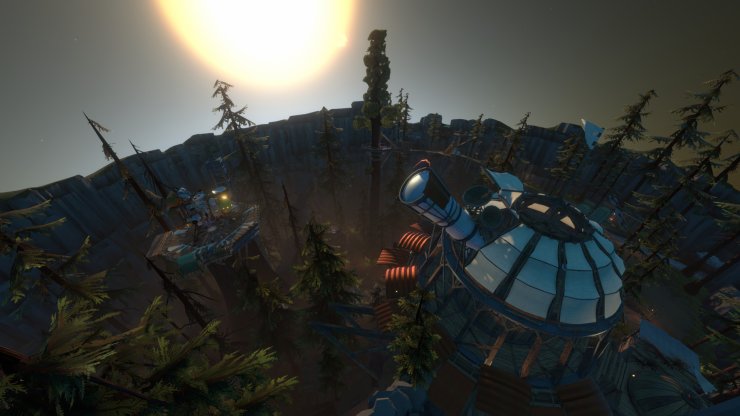
These games follow the path of The Outer Wilds from Mobius Digital, one of my favorites for this year. This is a game where the whole clockwork solar system always goes boom boom every 20 minutes. And we also saw All Walls Must Fall of last summer, in there you have the mission to search 80s Berlin discos for a bomb. We also have Minit, where you try to remove a horrible curse in just 60 seconds. Two years ago, we got The Sexy Brutale, a very gory time loop game.
What explains for the rising popularity of time-loop genre?
One key factor is that time-loop titles are more resource-efficient than others. The developer could squeeze out many playtimes with just a single area or props set, just like the magician trick that takes a whole rabbit colony from a hat. Secondly, is time-loop are really fun to do if you take your inspiration from theatre or film. In these games, the designer will have space for Shyamalan-esque narrative or baroque dramatic while that might be spoiled or ignored in a title where the player controls the time.
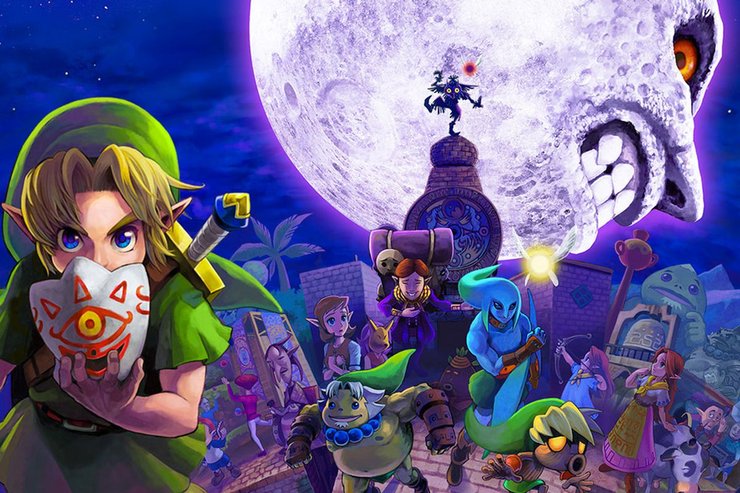
The third factor is the nostalgia, one of the early time-loop game is Majora's Mask - Legend of Zelda with time rewinds and winds mechanism. But above all is the distinctly and diffuse anxiety in this century about time's concept at large. To picture that more clearly, go with me to look at one of those best time-loop titles ever.
Into The Breach
Some time ago, I worked on an article about selling roguelike games to people who don't like the repetition of roguelike games. Because of that, I had an interview with Justin Ma, the designer of Star Trek: FLT, and last year release - Into The Breach. It is a mix of chess and Gundam that takes place in a post-apocalypse world where you drop mechs to the past to destroy the insect swarm. Just one single failure and the game will bring you right back at the beginning of the whole thing, erasing all your efforts just for a pilot or some unlockables.
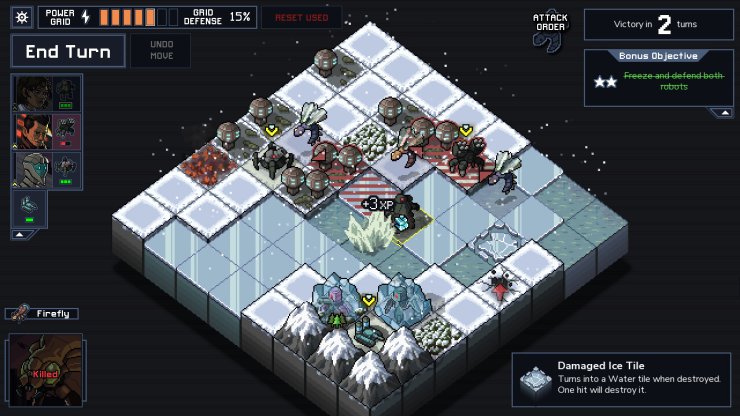
You would have to try and try again in Into The Breach until you get everything clean on a single swoop. These merciless erasures are what make Into The Breach a melancholy and strange event: those valiant sacrifices and near-victories reduce to just false memories, taken out of the history book.
The silver bullet
Time is the silver bullet in Into The Breach and the quality point that makes it stands above other tactical turn-based games. But it is also Into The Breach's haunting point, in some way. Every match only lasts for a certain amount of turns, and your enemies will rise from the soil non-stop. Thus you could no achieve victory by killing all of them or scorched-earth strategy, but by fitting the pieces into that opportunity window - doing just enough to postpone your defeat. In Into The Breach, every turn is essential.
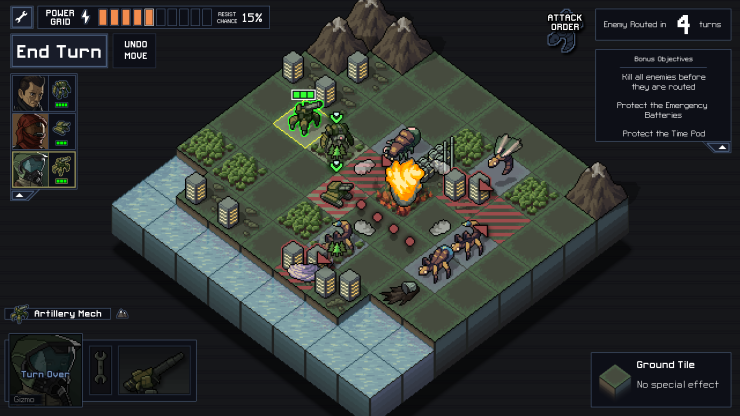
Justin Ma explained to me that the time handling in this game is more than a desire for elegance or snappiness. According to Ma, it reflected his awareness over time's commodification in an interconnected world where the king is indirect monetization. The miserliness of this game is the progress that you could bring over to the next loop, at certain levels, that go against this commodification's effect on our ideas of play. The whole thing reveals the mistrust of Ma for the missing proportionate reward, a multiplier, a level-up or a loot drop for the time that you "invest."
Our time is running out
Our time's coining, the exhausting and exhaustive quantifying of non-productive and productive hours, days and moments, has led to a kind of a mental epidemic. It maintains and stokes a fog over our society that spread alienation and anxiety, whereby the unuseful time is a "sin." This fog has been thickening rapidly as the climate crisis has made its way into our normal life, while the media saturated with content about the doomsday clocks, end of the world, tipping points, etc.
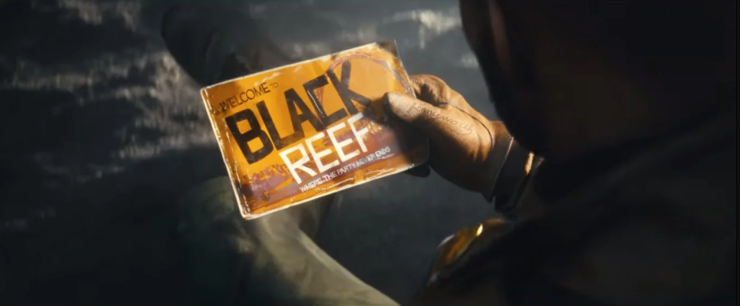
This increasing catastrophe likelihood has doubled our pressure on how to spend our time well, as companies and industries defect their responsibilities onto the consumers. If the world is ending - then it is not because it needs structural change - but it is because of you, you are not eating veggies, you drive a gasoline car, you don't recycle.
Games are "guilty"
As this anxiety about time usage has been increasing, but the platforms, experiences, and devices that we use to communicate, recreate, and work have gotten much better at "stealing" time from us. Notably, games have taken lots of time. They are adept at absorbing after intercepting it like how the dolphins hunt. Just look at how the lobby theme of Overwatch tempts you to play on more round, you could not exit there because that would interrupt the tune. Then there are also the rivalries notifications that lure us back into The Crew 2. That is a whole different kind of loop: the "loop of gameplay" of reward, completion, and task which is made to spin you forever while the intention of a time-loop game is for you to break it out.
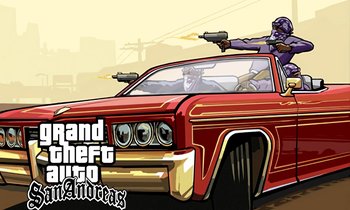









Comments